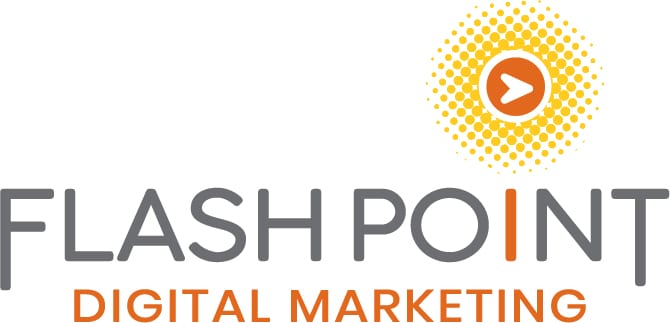SEO Guides, Tips & More!
Learn from Our Experience
Insights into the Content Consumption Habits of the C-Suite
The power of digital marketing is clear through the strategies professional services firms have been using generate new business opportunities. With the help of various search engine marketing tactics businesses have been able to influence, educate and connect with prospects and clients on key issues and challenges. A common challenge that many marketers face is determining the best type of content to produce and the most effective delivery method to reach their target market. It’s a pressing mystery that needs to be considered given the various types of content and delivery methods that can be leveraged. Investing time and resources in a less effective process will inhibit the firm’s growth potential and frustrate efforts. A recent 2018 study titled State of Digital & Content Marketing Survey – Professional Services Edition 2018, provides essential insights into the content consumption habits of C-Suite professionals along with other critical information. To help clients, prospects and others understand the key findings, FlashPoint Marketing has provided a summary of key points below.
Key C Suite Findings
- Value of Content Sources – One of the areas the survey wanted to understand was the value that executives assign to content sources. According to the study, 35% of respondents rely on traditional media (i.e. Wall Street Journal), 32% rely on industry and trade association publications, 29% rely on academic-driven strategy publications, 23% rely on thought leaders and blogs and 19% rely on email notifications and social media updates. It’s interesting to note that C-Suite executives still receive the highest value from traditional content sources, however it appears there are opportunities to reach decision makers through industry and trade association publications.
- Most Preferred Content Type – Another important area the survey explored was the most and least preferred types of content. The respondents rated the following formats as most preferred to least preferred using a rating system. They most prefer to receive information through articles, in-person, newsletters, interactive charts, website content, research reports, infographics, newsletters, videos and podcasts. It’s surprising to see videos rated at the bottom of the list given the importance Google places on content variation such as video. This may be a function of the lack of time the C-Suite has to watch videos.
- Content Attraction – The survey also sought to identify what attracts members of the C-Suite to the content they consume. According to respondents, 71% rated utility/usefulness as an important factor, 65% source, 52% the headline or subject line, 52% timeliness, 26% article length, 19% visual appeal, 13% graphics, 3% length of content and 3% the popularity. This is a good reminder to firms that it’s necessary to produce content that adds value or is useful. This may mean offering more than a simple summary of new tax laws or a legal opinion but rather offering needed context through insights and perspectives.
- Social Media Usage – The survey also asked about how executives are using social media to consume content. According to respondents, 52% use social media only for listening, 16% both listen and engage while 32% do not use social media at all. This is an interesting find as many companies have robust social media programs aimed at promoting their brand and content to this target group.
Contact Us
Understanding the content consumption habits of prospects is essential for success in a robust content and search engine marketing program. The insights provided in this study reveal important information about how prospects think, consume information and the best ways to reach them.

